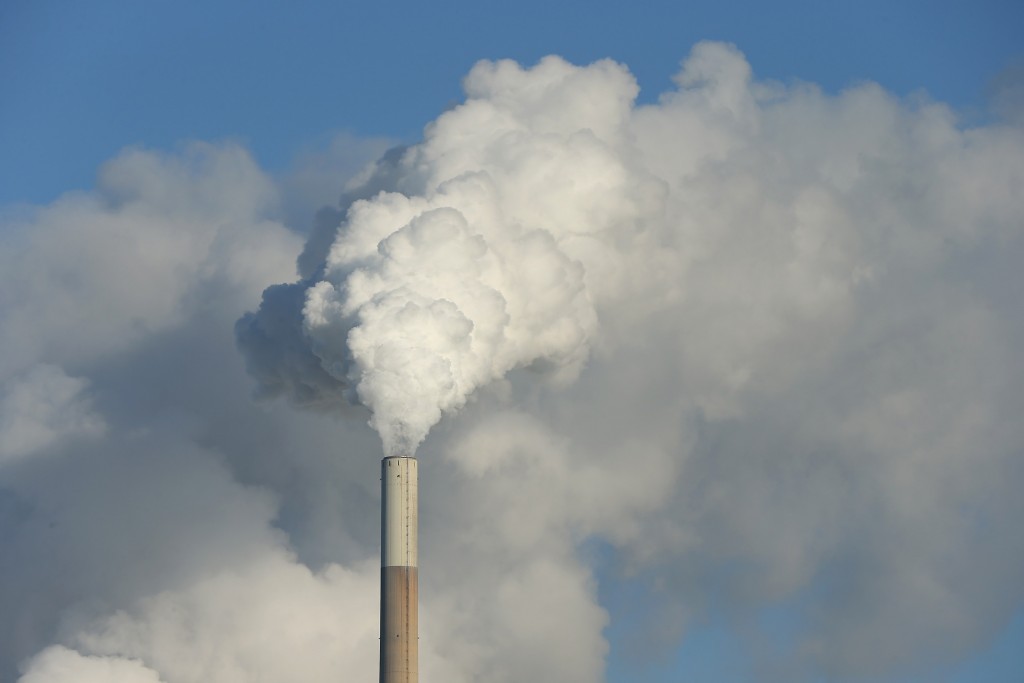In the wake of President Obama’s speech last week about a Climate Action Plan that would seek to limit carbon dioxide emissions from power plants, opponents of new emissions standards have warned of the potential negative impact on electricity costs and economic growth. The Natural Resources Defense Council has sought to counter those claims with the release of a report showing that its proposal for a carbon standard would have a net positive impact on job creation and a net negative impact on customers’ electricity bills by 2020.
The study, conducted by economic consulting firm Synapse Energy Economics, found that in 14 states examined, the employment numbers under the NRDC’s proposed carbon standard were 76,000 higher in 2016 than in a reference case, and 210,000 higher in 2020. It also found that the overall impact on electricity bills in those 14 states would be a reduction of 90 cents from the average monthly bill in 2020.
Dan Lashof, Director of NRDC’s Climate and Clean Air Program, acknowledged that these numbers are not staggering, either in terms of job creation or cost reductions. But the report “certainly undermines the predictions of economic calamity coming from the naysayers”, he said in a call with reporters yesterday.
The primary driver of job gains in the report was energy efficiency improvements, which require specialists in such areas as heating, ventilation and air-conditioning, as well as roofing, installation, carpentry and building inspection. “These are good jobs that can’t be outsourced,” said Lashof.
Efficiency would also be a major component of lower electricity bills. “Wasting less electricity means wasting less money,” Lashof said. Under the NRDC’s proposed carbon standards, even if electricity prices were to rise, “consumers will be buying less electricity overall, so their average electric bills will go down”.
Key findings include:
- The “vast majority” of 2016 employment gains come from investment in end-use residential and commercial energy efficiency, but are “partly offset by reductions to employment at new and existing coal-fired power power plants resulting, for example, from coal retirements”.
- The NRDC’s carbon standard has counteracting effects on gas-fired generation. “On the one hand, energy providers replace coal generation with natural gas, through both new construction and fuel switching. On the other hand, energy efficiency reduces the need for new generation overall.”
- The impact on residential utility bills is modest. “Nationwide, average monthly utility bills would be about 69 cents higher under the policy case than under the reference case in 2016. By 2020, the policy case bills would be about 90 cents lower per month, in 2012 dollars.”
- But wholesale electricity prices, which were not examined in the study, may enhance the impact on residential electricity costs. “The introduction of additional low or zero running-cost resources such as energy efficiency and renewables is likely to lower the clearing price for wholesale electricity and capacity, leading to greater savings for and re-spending by consumers”
You can read the full report here.

